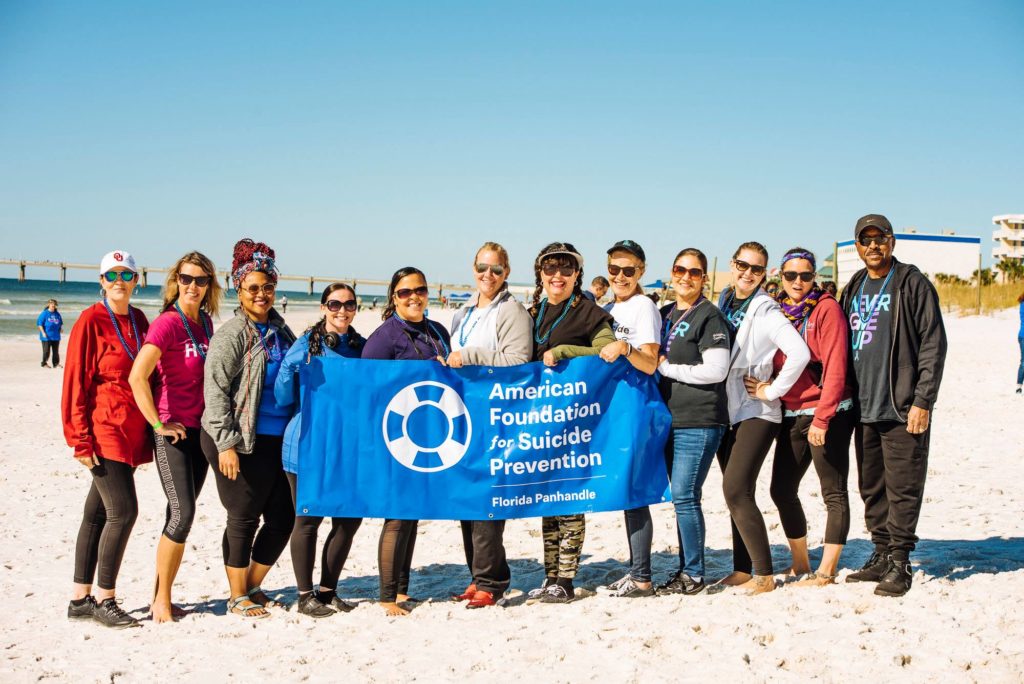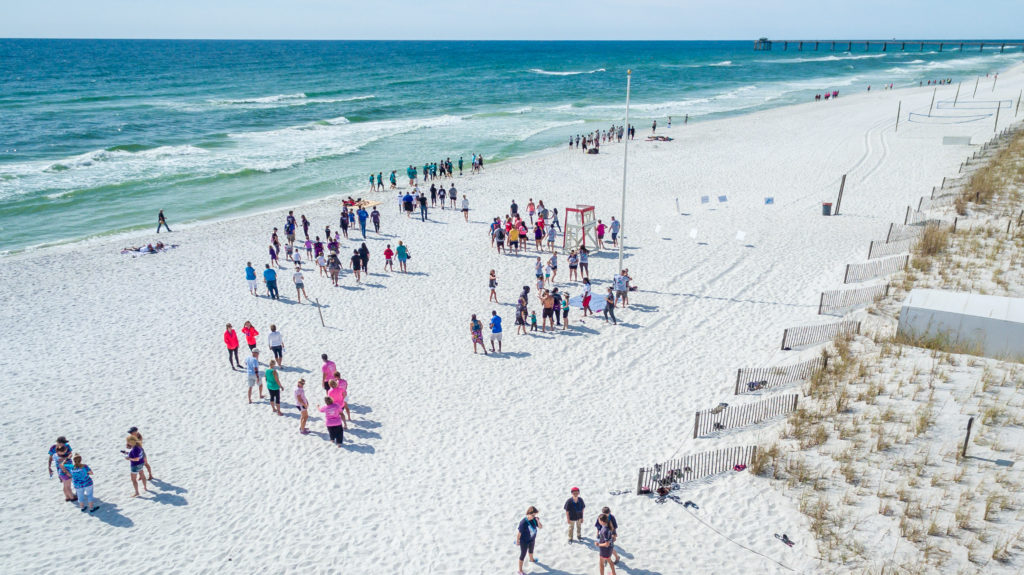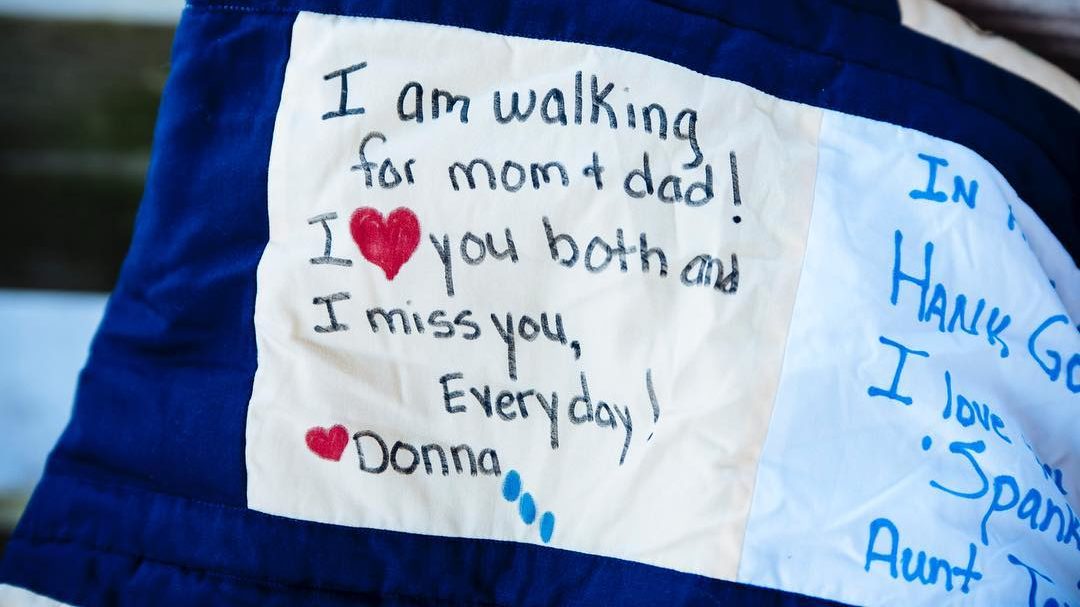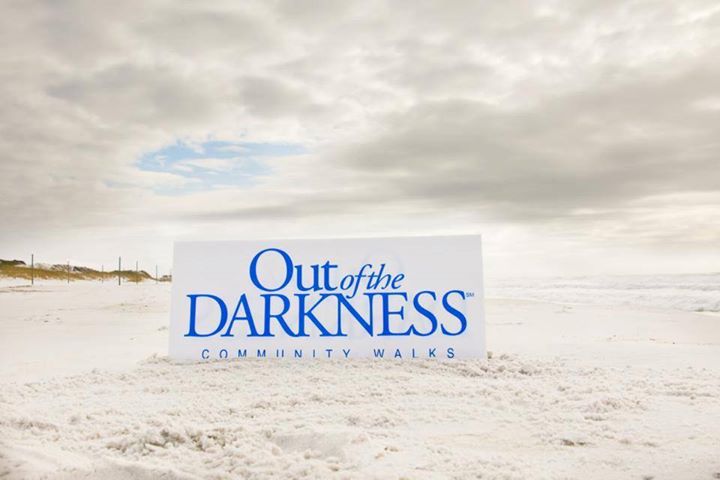Suicide is the tenth leading cause of death in the United States, yet suicide is preventable. Supporters throughout Destin, Fort Walton Beach, Niceville, and nearby communities will be participating in the 7th Annual Emerald Coast Out of the Darkness Community Walk.
The walk will be hosted by the American Foundation for Suicide Prevention Florida Panhandle Chapter at 10:00 a.m. on October 19th at John Beasley Park on Okaloosa Island.
This fundraising walk supports the American Foundation for Suicide Prevention’s local and national education and advocacy programs and its bold goal to reduce the annual rate of suicide 20% by 2025.
The event is free and open to the public and online registration and fundraising are encouraged.

Participants who raise $150 or more will receive a free Out of the Darkness t-shirt. Day-of registration and check-in will begin at 10:00am with the Opening Ceremony at 11:00am with the walk kicking off at the close of the ceremony.
Interested participants, walkers, and donors can visit AFSP.org/EmeraldCoast to register for the upcoming walk and learn more.
“Suicide touches one in five American families. We hope that by walking we will draw attention to this issue and keep other families from experiencing a suicide loss. Out ultimate goal is to save lives and bring hope to those affected by suicide.”
Jessica Roberts, Florida Panhandle Chapter Board Chair

The Emerald Coast Out of the Darkness Walk is one of more than 550 Out of the Darkness Overnight, Community, and Campus Walks being held nationwide this year. The walks are expected to unite more than 300,000 walkers and raise millions for suicide prevention efforts. Last year, these walks raised over $21 million for suicide prevention. Last year, this local walk raised $22,000 and had 300 participants.
“These walks are about turning hope into action,” said AFSP CEO Robert Gebbia. “Suicide is a serious problem, but it’s a problem we can solve. The research has shown us how to fight suicide, and if we keep up the fight the science is only going to get better, our culture will get smarter about mental health, and we’ll be able to save more people from dying from depression and other mental health conditions.”


